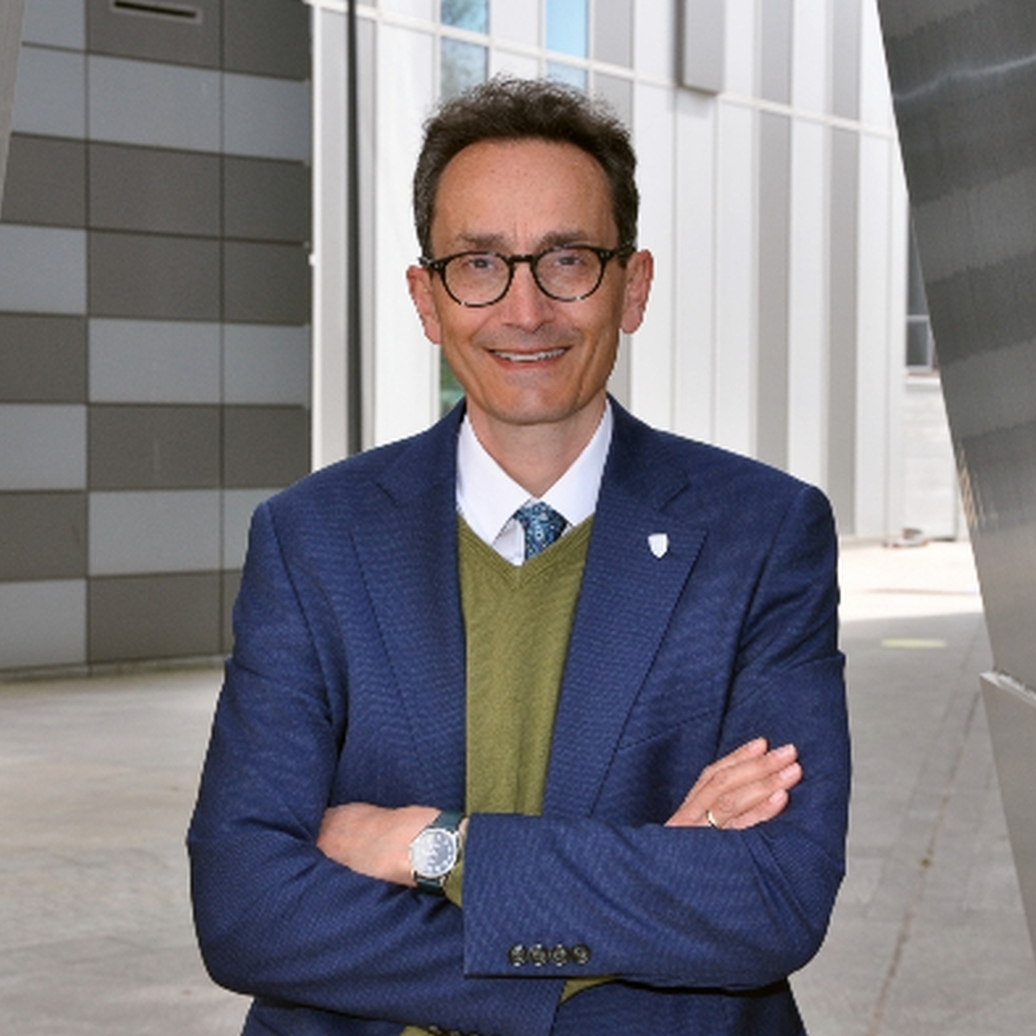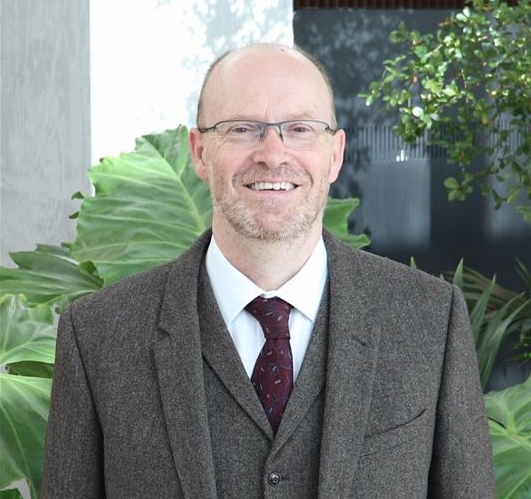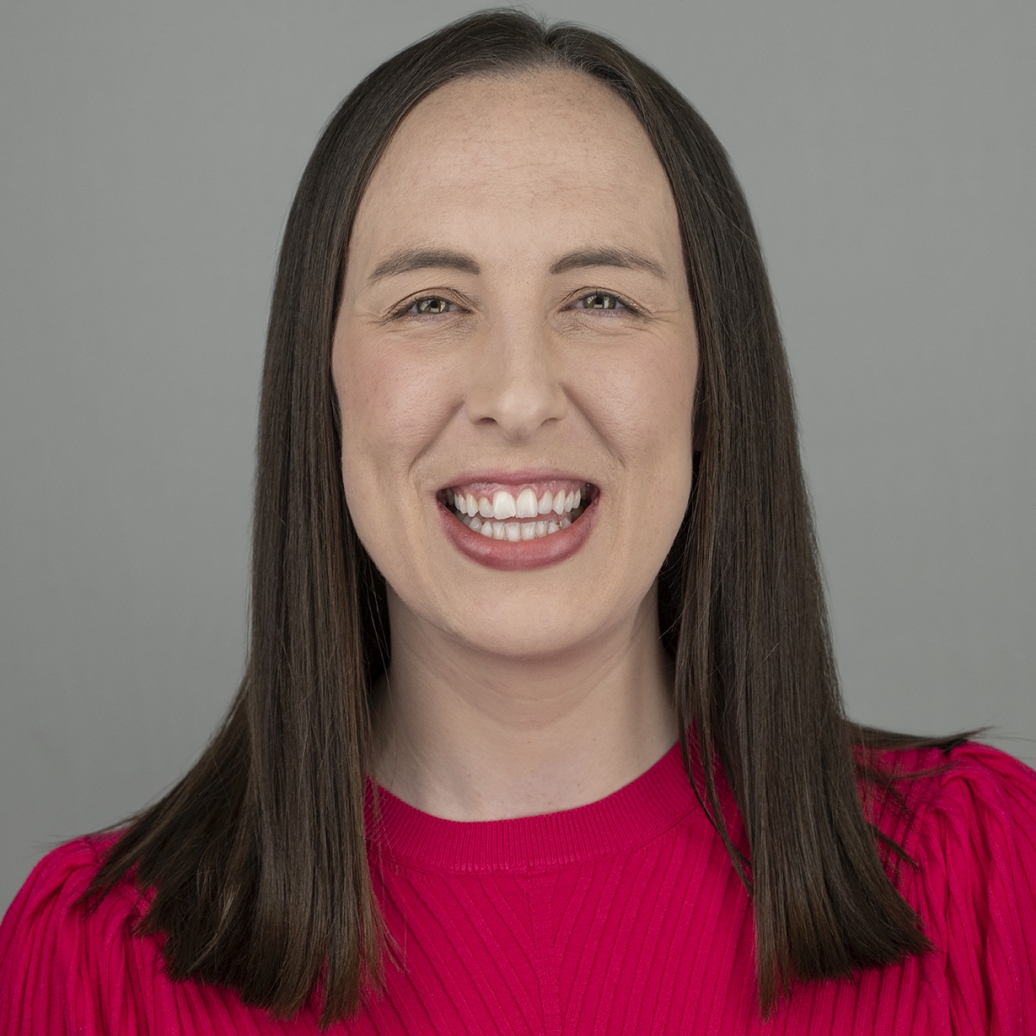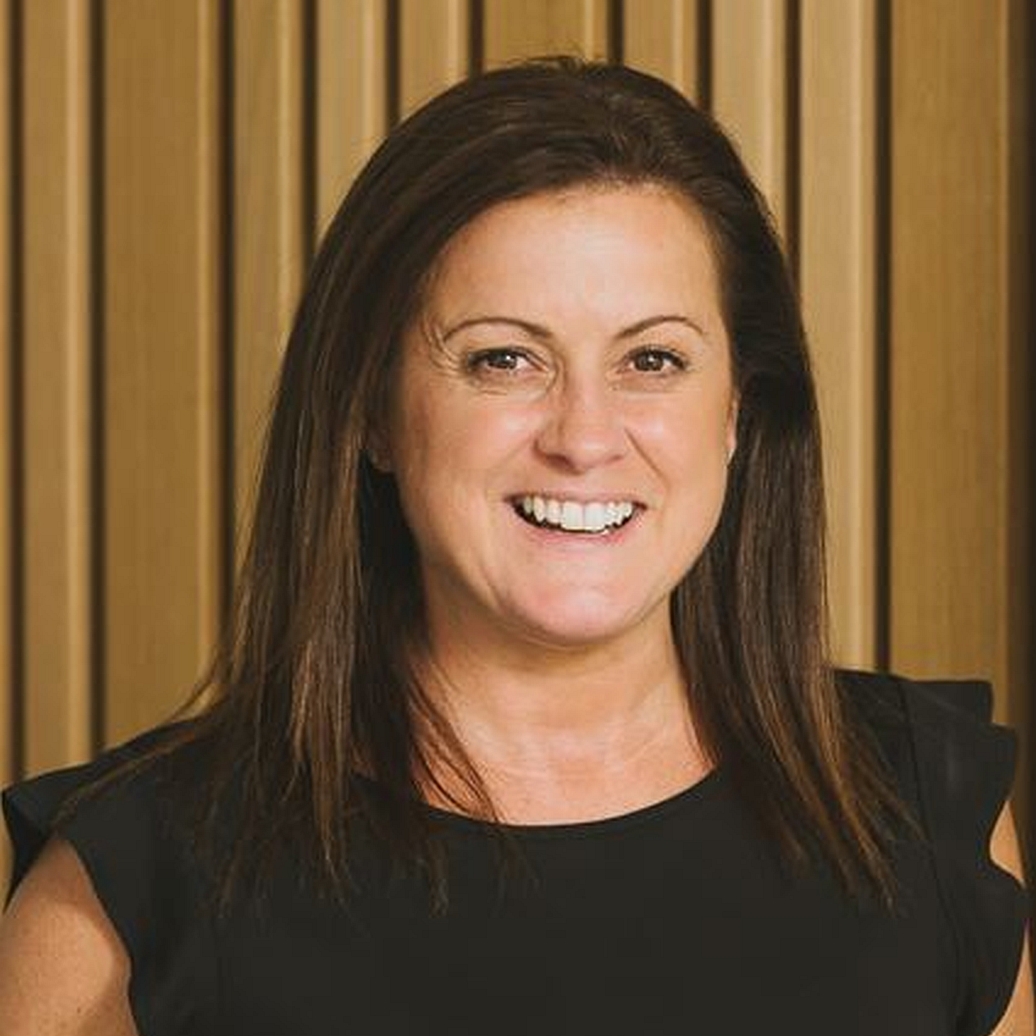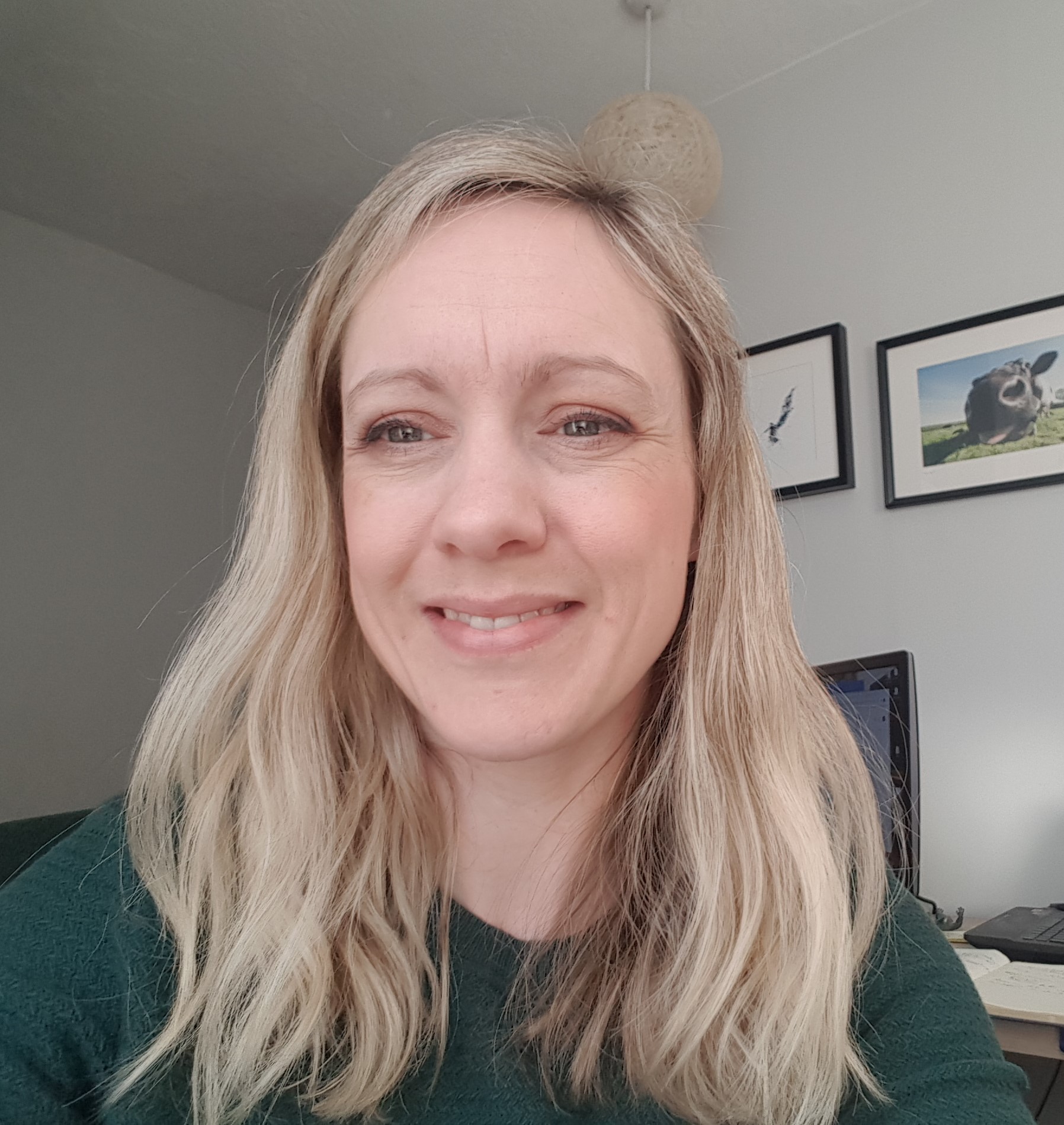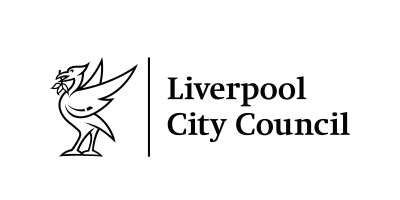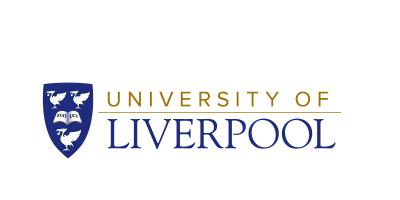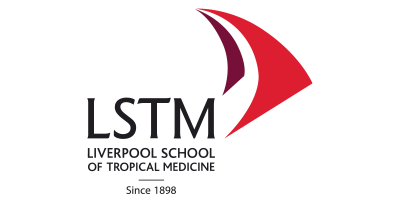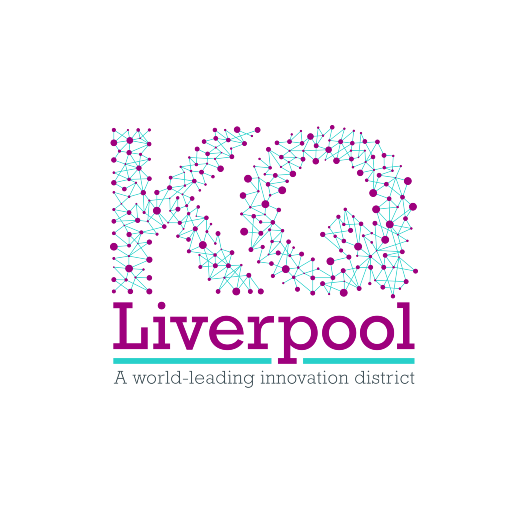The Pandemic Institute is headquartered in Liverpool, a city at the leading edge of innovative public health responses, and with a rich history of pandemic science. During COVID-19 the city of Liverpool’s civic leadership, academic institutions and health infrastructure combined powerfully on testing, vaccine development and the Events Research Programme. The collaboration led to the most agile public health response seen across the nation. The Pandemic Institute is the next stage in this journey.
We are proud to have Innova Medical Group, Inc., with its deep expertise in testing, unique offerings in diagnostic medical devices and services that help tackle some of the world’s most challenging healthcare problems, as a founding patron of the Institute.

